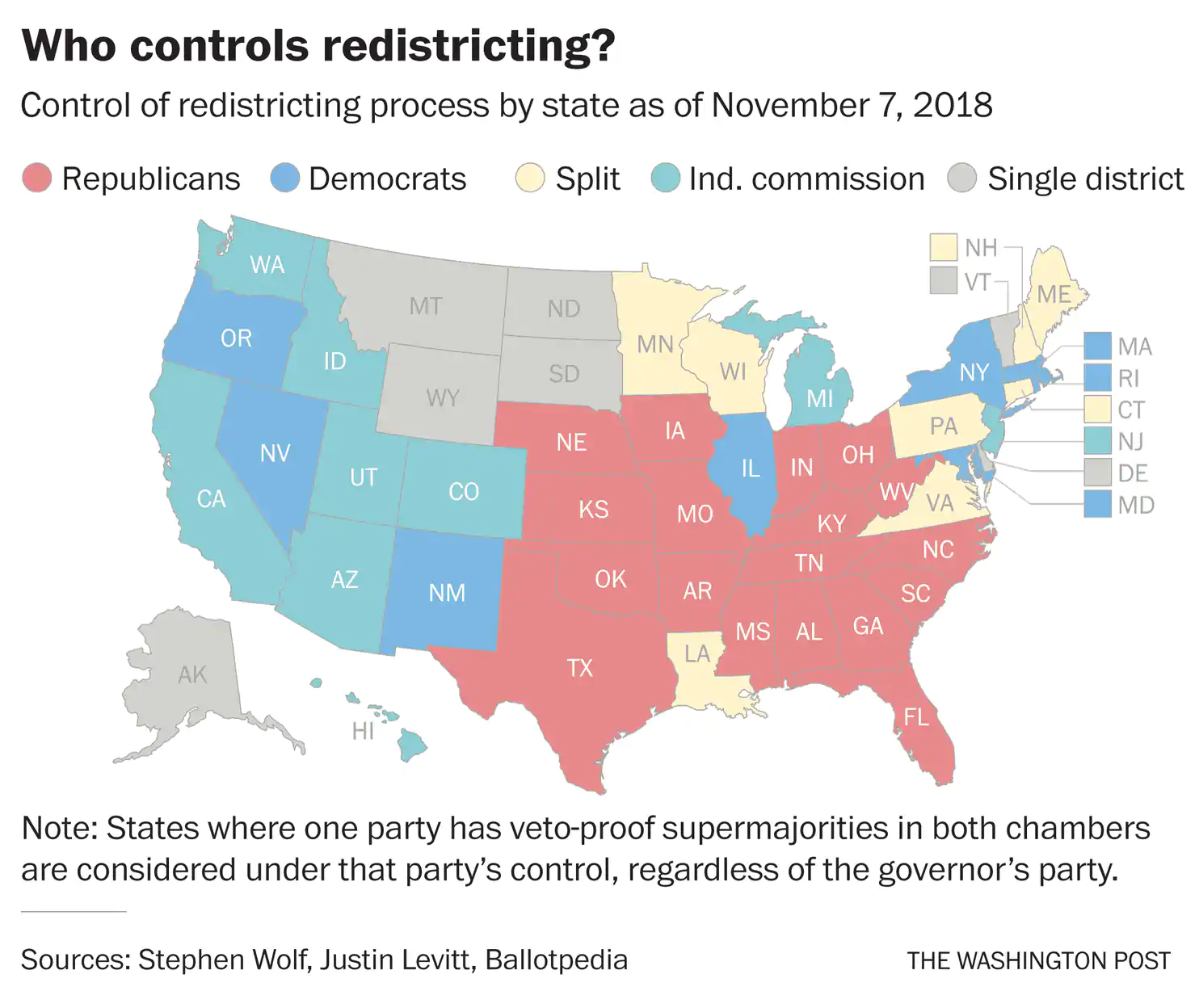
-Brad Hooker
By the phrase “basic moral theory”, I mean a set of propositions providing ultimate grounds for moral requirements, moral prohibitions, moral permissions, and moral virtues, as well as for supererogation, i.e., what is above and beyond the call of moral duty. Basic moral theories might be highly systematic and monistic, grounding moral requirements, prohibitions, permissions, and supererogation in one foundational principle. Or they might be more pluralistic, postulating multiple foundational principles to be balanced off against one another in order to determine what is morally right or wrong in different situations. At the extreme end of pluralism is moral particularism, which holds that properties of an action that morally favour or morally oppose the action in one situation might, though present in another situation, have no, or even opposite, weight there, without there being deeper, general principles explaining such variance. Even moral particularism counts as a basic moral theory, as I am using this phrase.
This essay is not about the question of which is the best moral theory. The essay is instead about a question prior to that one. When trying to decide which of the rival moral theories seems most plausibly best to us, we should ascertain, among other things, how well these rivals cohere with our most confident moral convictions about moral principles and about more or less specific kinds of case. To ascertain how well different moral theories do this, we first need to be able to distinguish our moral judgments from judgments of other kinds. This essay is about that prior question—what distinguishes moral judgments from judgments of other kinds?
One difference between morality and etiquette is that morality is less dependent on popular opinion than rules of etiquette are. Etiquette manifestly changes with popular opinion, which can change rapidly. In contrast, how could someone think that the moral status of stealing, or breaking promises, or torturing people for fun could change simply because of a change in popular opinion? And one difference between morality, on the one side, and club rules and law, on the other side, is that club rules and law are much more dependent on the decisions of human authorities. If the duly elected officers of the club decide that the club no longer allows formal business meetings in its rooms, then that is the new club rule. Club rules are wholly determined by club decisions. If the legislators vote for a law forbidding parking on the left side of Main Street on Sundays, then that is the new parking law. Positivist legal theories hold that all laws are determined by decisions taken by human authorities. Some legal theories contend that there are some legal principles that come from morality rather than human authorities. But even these theories accept that most if not absolutely all laws are determined by decisions taken by human authorities.
We should not contend that not all moral judgments have other-regarding grounds. A familiar moral judgment is that there are moral permissions, in at least some kinds of case, to decline to make an inordinate degree of self-sacrifice. Another familiar moral judgment is that one should not do what is incompatible with self-respect. Along with such general moral judgments, there are more particular ones such as that an action would involve more self-sacrifice than is reasonable for morality to require or that an action would be inconsistent with the one’s maintaining self-respect. These general and particular judgments might well be moral judgments, but they do not have other-regarding grounds; they have self-regarding grounds.
Read the full article here.
Cite as: Brad Hooker, What makes a Judgement a Moral Judgement, 1 Jour. of Pol. Th. & Philo. 97-112(2017).




Be the first to comment